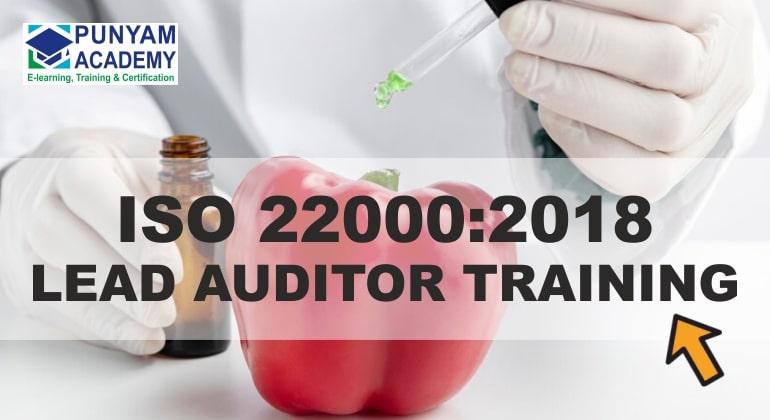Within the ever-evolving landscape of the food industry, ensuring the best standards of food safety and quality management is not just a priority; it's a necessity. This article explores the essential ways in which ISO 22000 can bring about a transformative change in your food business, emphasizing the significance of online ISO 22000 lead auditor training and certification.
ISO 22000 is an internationally recognized standard that specifies the requirements for an effective FSMS. It outlines a framework for figuring out, assessing, and controlling food safety risks throughout the entire food chain, from farm to fork. By following those hints, food businesses can ensure the consistent delivery of safe and quality food products.
But before we delve into the how, let's discover the why:
- Enhanced safety: By adhering to the rigorous ISO 22000 requirements, you will minimize foodborne illness risks, protecting both consumers and your brand.
- Increased efficiency: Streamlined processes and improved control measures result in operational performance and value savings.
- Improved market access: Many retailers and distributors require ISO 22000 certification as a prerequisite for doing business.
- Boosted customer confidence: Demonstrating your commitment to food safety fosters trust and loyalty among your customers.
- Reduced regulatory risk: Compliance with ISO 22000 helps you stay ahead of guidelines and avoid potential fines or penalties.
Now, how can you achieve these benefits?
- Understanding the Standard: The first step is to understand the core principles and requirements of ISO 22000. This can be achieved through ISO 22000 lead auditor training. This training equips you with the knowledge and skills to plan, conduct, and report on effective FSMS audits, ensuring thorough implementation within your organization.
- Building your FSMS: Primarily based on the standard's guidelines, develop a documented FSMS tailored to your specific operations. This entails identifying dangers, implementing control measures, establishing monitoring procedures, and documenting all processes.
- Implementation and Improvement: Training your staff on the FSMS and make certain they understand their roles and responsibilities. Regular internal audits and management reviews help identify areas for improvement and ensure continuous system efficacy.
- Certification: While not mandatory, achieving ISO 22000 certification adds an extra layer of credibility and provides independent verification of your compliance. Certification bodies conduct audits and award certificates upon successful implementation.
For busy professionals, online ISO 22000 lead auditor training offers a flexible and convenient solution. Those comprehensive courses provide the same level of knowledge and skill as traditional classroom training, delivered through interactive modules, case studies, and expert-led webinars.
Investing in food safety is an investment in your business success. By embracing ISO 22000 and its principles, you can ensure food safety, streamline operations, build trust, and gain a competitive edge inside the marketplace.
